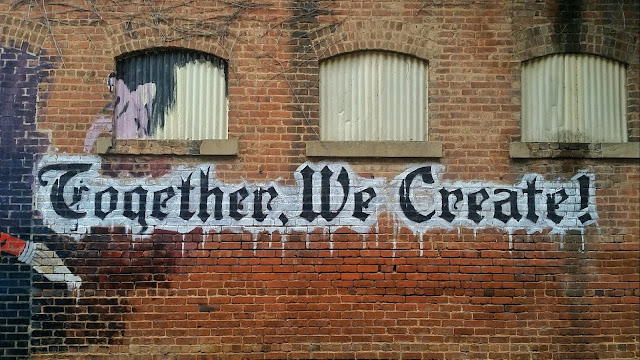By Pamela Woll, Southeast ATTC, based on interviews with Center leadership.
In SAMHSA Region 4, the Southeast ATTC has learned that overwhelming challenges call for openness, broad vision, collaboration, creativity, flexibility, and a willingness to reach out at every level for ideas that will help us build hope and support recovery.
Region Four has eight states—Alabama, Florida, Georgia, Kentucky, Mississippi, North Carolina, South Carolina, and Tennessee—six of which have not chosen Medicaid Expansion. Many are under-resourced, particularly in their large rural areas.
Our field is overstretched and underfunded, struggling to serve a large population with complex combinations of physical and behavioral health conditions, often exacerbated by the effects of deprivation along the social determinants of health. The individuals we serve are also graced with significant strengths, many of which have been overlooked or minimized most of their lives, rather than harnessed in service of health, well-being, and recovery.
Sometimes it seems as if our field aches for a simplicity that will never be supported by reality—a “one-and-done” training or treatment model that will “check all the necessary boxes,” set everyone on the right course, and turn the tide of conditions that are killing people, destroying families, and overwhelming communities.
From our society and from our own history, the field has inherited:
- persistent stigma toward people with behavioral health conditions;
- harsh terminology that helps keep the stigma alive;
- deficit-based treatment approaches;
- a focus on acute care, even for chronic conditions;
- a hierarchical relationship between clinician and client;
- belief that people who have trouble recovering “just need more pain in their lives”;
- ignorance of the role of trauma in behavioral health conditions and the potential for retraumatization in treatment;
- dismissal of recovery and recovery support as an afterthought, separate from treatment; and
- a siloed system in which the work of treatment is kept separate from that of other critically important systems and communities in the lives of the people we serve.
The past 30 years have seen a blossoming of innovative models and frameworks that are helping us understand the limitations of our inheritance and the true nature of behavioral health. These include chronic-care approaches, recovery-oriented systems of care (ROSC), trauma-informed care, strength-based models, a focus on health equity, culturally appropriate approaches, integrated health models, and public health approaches to behavioral health.
These approaches fit together well. They are related, compatible, and capable of helping our field address the complexity we face. But they are not quick, simple, or inexpensive to implement.
So what does a small-but-mighty ATTC do with all this? Here are some things we have found helpful:
- With eight states that are significantly different in their needs, we are eclectic in our approaches. We are not resigned to the fact that one size does not fit all—we love it.
- We have worked hard to cultivate diverse partnerships throughout the region, the ATTC Network, the larger field, and beyond. We listen with minds and hearts and strive to treat our partners with consideration and respect.
- With our state partners, we have looked at how we can work together as a region, using existing resources and working to bring more resources into the states.
- As valuable as the SSAs are in guiding our vision, we seek a broader perspective on the needs in each state and the region. We gather information from key informants on every level, e.g., practitioner and provider organizations, schools of SUD studies, faith-based alliances, community and advocacy groups, culture-specific constituencies, ROSC councils, and recovery community organizations.
- We use and contribute to the body of resources and processes developed to dispel the old myths, help providers adopt evidence-based practices, and pave the way for the innovative models that will help the field transform systems, approaches, and human lives.
- We have learned that the strengths of our staff and our region offer opportunities we cannot afford to ignore, e.g., our Faith and Minority-to-Priority Initiatives that have been sources of inspiration and progress.
We have also learned that we are responsible for keeping our hope, our spirit, and our love of service alive. We cannot be “hope carriers” if we lose hope, and we cannot be of service—truly of service—if we are not wholehearted in our approaches.
All we have to do is look and listen—to our constituents, at our events, in the feedback we receive, and in our invitations from potential collaborators—to be reminded that the work we do really does elevate providers and help them save lives, heal families, and make communities stronger.
And then we remember how grateful we are.


No comments:
Post a Comment